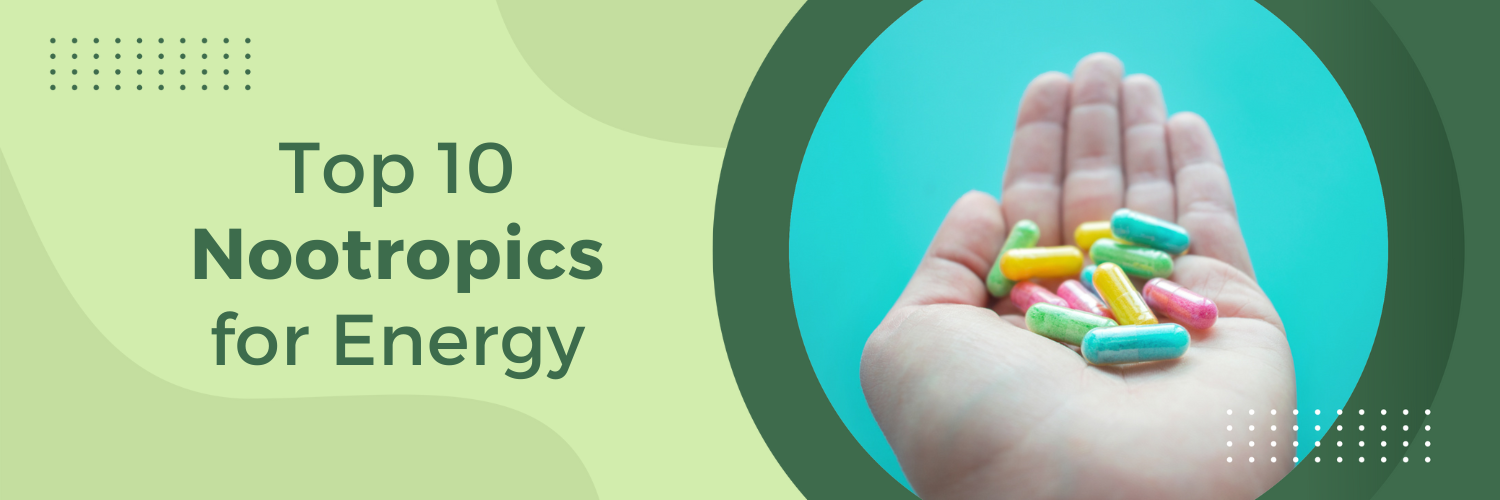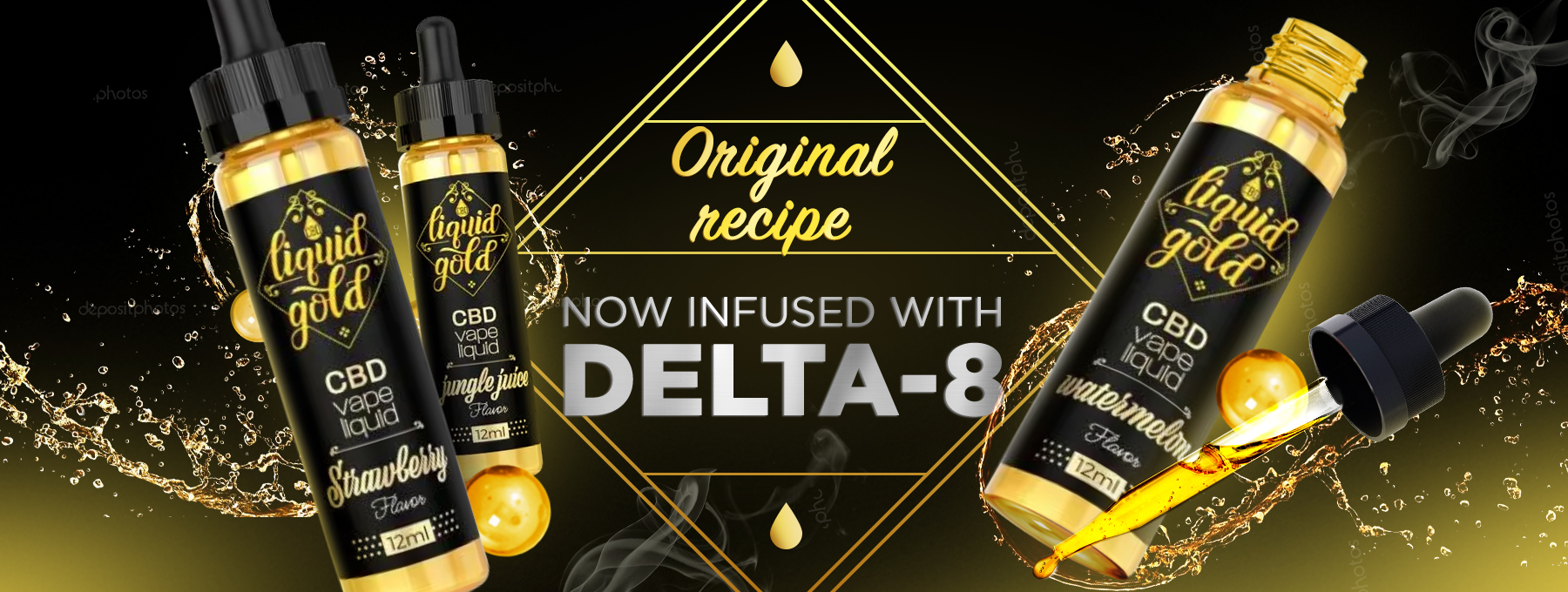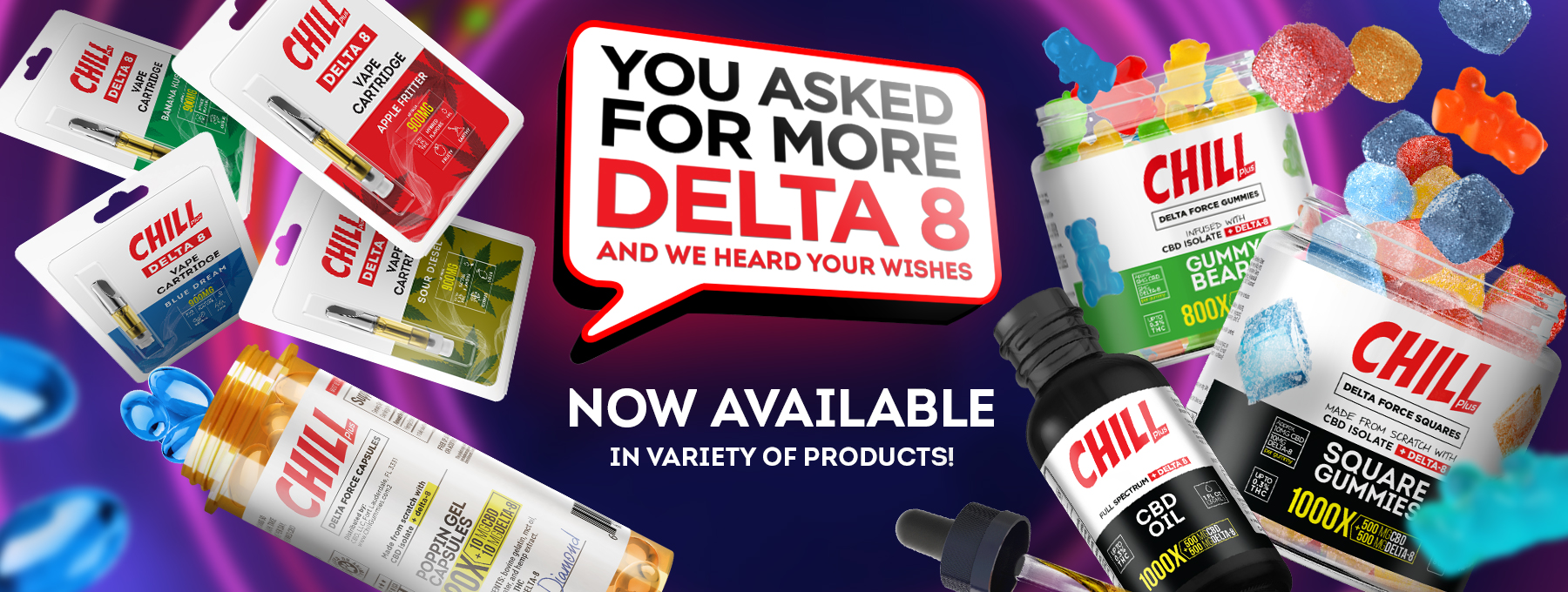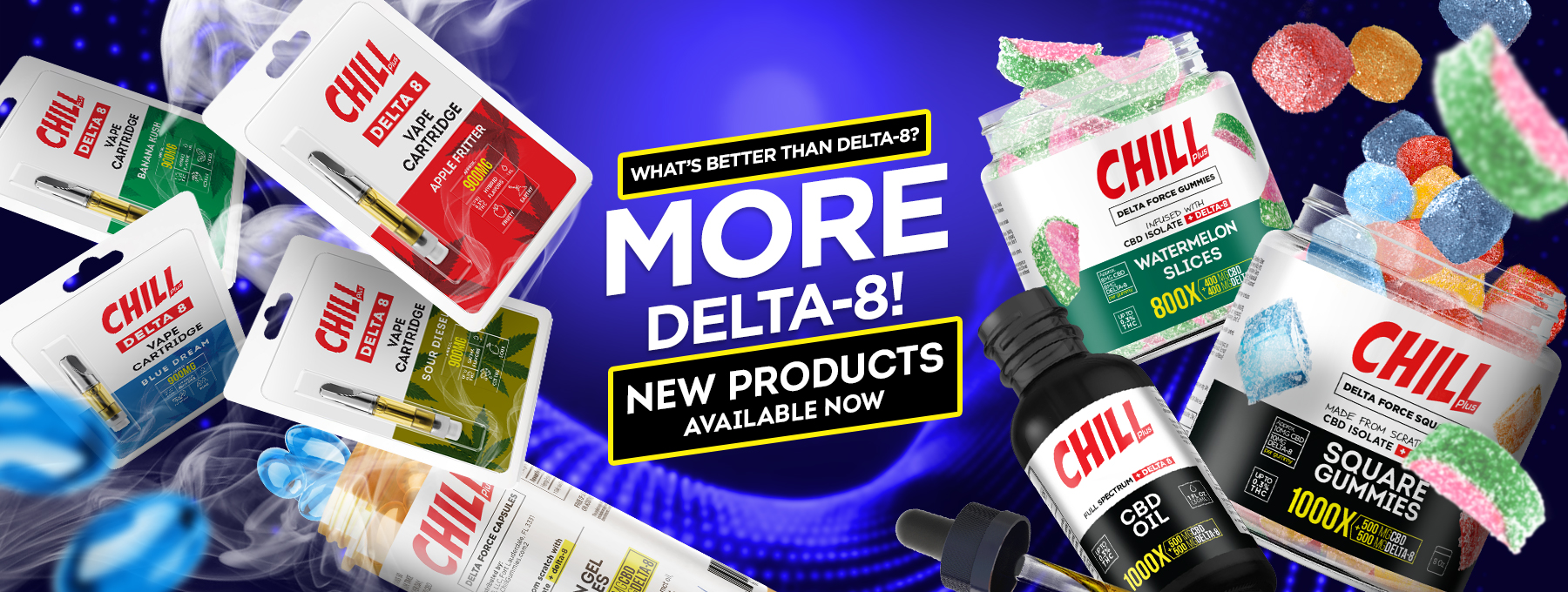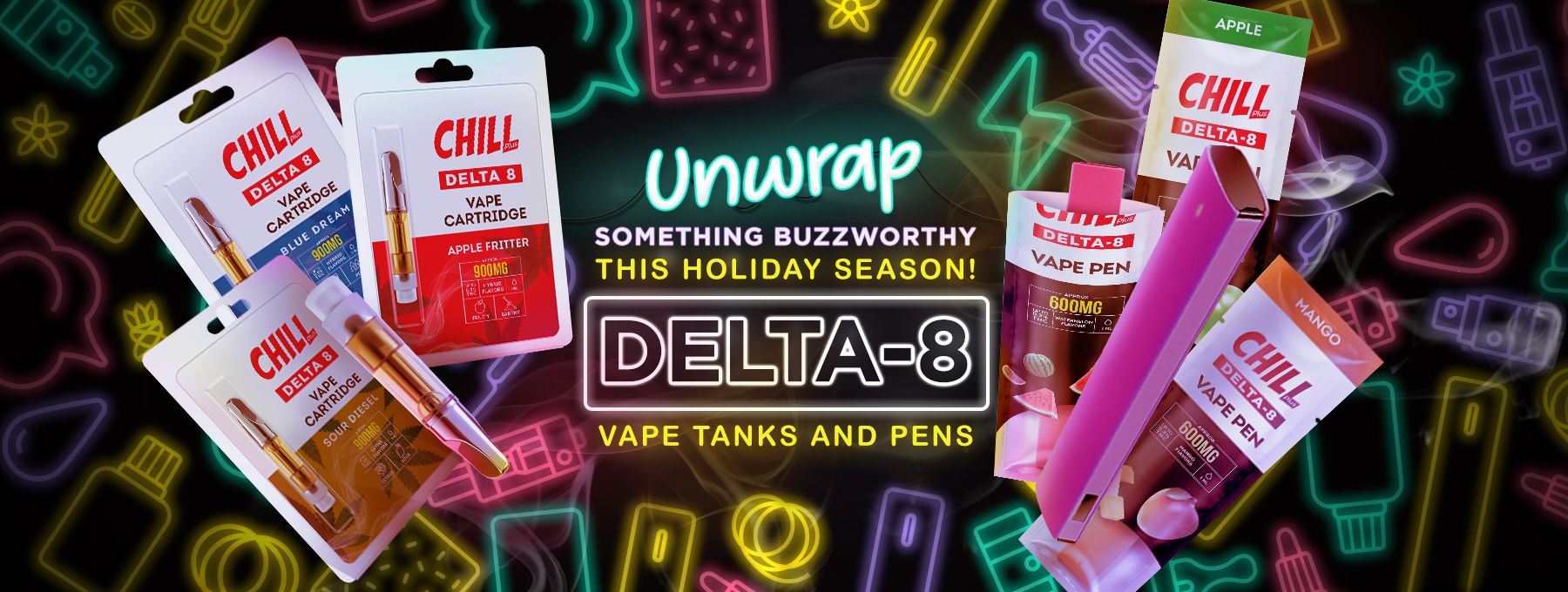In today’s fast-paced world, the quest for cognitive enhancement has never been more fervent. Enter nootropics, colloquially known as “smart drugs.” These substances, both natural and synthetic, have garnered significant attention for their promise in boosting various aspects of mental performance. From Silicon Valley executives to college students, nootropics have witnessed a meteoric rise in popularity. At their core, nootropics are believed to amplify cognitive functions such as memory, attention, and even creativity.
However, among the myriad of benefits attributed to these compounds, one particularly stands out: the ability to invigorate and energize the mind.
Nootropics, often referred to as ‘cognitive enhancers’ or ‘smart drugs’, have steadily secured their place in the wellness and productivity sectors over the past few decades. But what exactly are they, and how do they play a role in augmenting energy levels? Let’s break it down.
What are Nootropics?
At the heart of the term ‘nootropic’ is the Greek root ‘nous’, which means ‘mind’, and ‘tropein’, meaning ‘to turn’. Put simply, nootropics are substances designed to turn the mind towards a state of improved function. They can be natural, like certain herbs and amino acids, or synthetic, crafted in laboratories to enhance specific cognitive parameters.
The Science Behind Nootropics and Energy
The brain, complex and multi-faceted, requires a symphony of neurotransmitters and pathways to function optimally. Many nootropics work by modulating these neurotransmitters, enhancing the brain’s efficiency and thus promoting better energy utilization. For example, some nootropics boost dopamine or serotonin levels, neurotransmitters linked with motivation and mood, respectively. When these neurotransmitters are optimized, individuals often feel a surge of energy, alertness, and motivation. Moreover, other nootropics improve mitochondrial efficiency or blood flow to the brain, directly contributing to enhanced energy and vitality.
The Top 10 Nootropics for Energy
1. Caffeine
The world’s most consumed psychoactive substance, found primarily in coffee, tea, and many energy drinks.
- Benefits: Enhances alertness, improves reaction time, and reduces the perception of fatigue.
- Dosage Recommendations: Typically 50-200 mg; however, sensitivity varies among individuals.
- Potential Side Effects: Overconsumption can lead to jitters, insomnia, and increased heart rate.
2. Modafinil
A prescription drug initially developed to treat narcolepsy and other sleep disorders.
- Benefits: Increases wakefulness, improves concentration, and boosts cognitive function.
- Dosage Recommendations: Typically 100-200 mg daily. It’s important to consult with a physician.
- Potential Side Effects: Headache, nausea, and potential sleep disturbances.
3. L-Theanine (often paired with Caffeine)
An amino acid primarily found in tea leaves.
- Benefits: Promotes relaxation without drowsiness, enhances attention, and when combined with caffeine, can smooth out the jitters.
- Dosage Recommendations: 100-200 mg, often taken in combination with caffeine.
- Potential Side Effects: Rare but can include headaches or dizziness.
4. Rhodiola Rosea
A herb found in the cold regions of Europe and Asia.
- Benefits: Fights fatigue, boosts cognitive function, and can enhance mood.
- Dosage Recommendations: 250-500 mg daily.
- Potential Side Effects: This can cause dry mouth or dizziness in some individuals.
5. Panax Ginseng
A traditional herb in Chinese medicine.
- Benefits: Increases energy, improves cognition, and may boost immune function.
- Dosage Recommendations: 200-400 mg daily.
- Potential Side Effects: Sleep problems, digestive problems, and changes in blood pressure.
6. Bacopa Monnieri
An herb traditionally used in Ayurvedic medicine.
- Benefits: Enhances memory, reduces anxiety, and has antioxidant properties.
- Dosage Recommendations: 300-450 mg daily.
- Potential Side Effects: Upset stomach, dry mouth, and fatigue.
7. N-Acetyl L-Tyrosine (NALT)
A modified form of the amino acid tyrosine.
- Benefits: Enhances mood, fights stress and can improve attention.
- Dosage Recommendations: 300-500 mg daily.
- Potential Side Effects: Nausea, headache, fatigue.
8. Alpha GPC
A choline-containing supplement that benefits brain health.
- Benefits: Improves memory, enhances mood, and boosts cognitive function.
- Dosage Recommendations: 300-600 mg daily.
- Potential Side Effects: Headaches, insomnia, dizziness.
9. Phenylpiracetam
A more potent derivative of the nootropic piracetam.
- Benefits: Increases cognition, improves mood, and has a pronounced stimulant effect.
- Dosage Recommendations: 100-200 mg daily.
- Potential Side Effects: Irritability, insomnia, headache.
10. Adrafinil
A prodrug for modafinil, meaning it converts into modafinil in the body.
- Benefits: Increases wakefulness and alertness, and improves mood.
- Dosage Recommendations: 300-600 mg. It’s important to note it should not be taken continuously due to potential liver impact.
- Potential Side Effects: Insomnia, nausea, and potential liver damage with prolonged use.
Tips for Safe and Effective Use
Dosage Recommendations
While many nootropics come with general dosage guidelines, it’s essential to recognize the individual variability. Just as our bodies react differently to foods, exercises, and medications, the same is true for nootropics. Factors like age, body weight, metabolism, and even genetic factors can influence how one responds. Start with a low dose and monitor the effects, gradually increasing if necessary. Remember, more isn’t always better. Adhering to recommended dosages can prevent unwanted side effects and optimize benefits.
Potential Interactions
Nootropics can interact with medications, other supplements, or underlying health conditions. For instance, those on blood thinners should be wary of nootropics that affect blood clotting. Similarly, individuals on antidepressants or anxiety medications should consult with healthcare professionals before trying nootropics that influence neurotransmitter levels. Always do thorough research or consult with a physician before combining substances.
Knowing When to Cycle or Pause
Continuous consumption of certain nootropics can lead to tolerance, where larger doses are required to achieve the same effect. Some nootropics might also deplete essential neurotransmitters over time. To prevent this, it’s a good practice to cycle nootropics, taking regular breaks. This not only ensures continued efficacy but also gives the body time to reset and recuperate.
Natural vs. Synthetic Nootropics
Benefits of Natural Nootropics
Nootropics are substances that are believed to enhance cognitive function, memory, creativity, and motivation in individuals. They are often referred to as “smart drugs” or “cognitive enhancers.” Nootropics can be derived from natural sources, such as plants and herbs, or they can be synthetically manufactured in laboratories. Both natural and synthetic nootropics have their own sets of benefits and considerations.
Overview of Natural Sources and Their Potential Added Benefits
Natural nootropics are compounds that come from plant and herbal sources. These substances have been used in traditional medicine systems for centuries to promote brain health and cognitive function. Some common natural nootropics and their potential benefits include:
- Ginkgo Biloba: Derived from the leaves of the Ginkgo tree, Ginkgo Biloba is believed to improve memory and cognitive function by increasing blood flow to the brain and protecting against oxidative stress.
- Bacopa Monnieri: This herb has been used in Ayurvedic medicine and is thought to enhance memory, reduce anxiety, and improve overall cognitive function.
- Panax Ginseng: Ginseng is known for its adaptogenic properties, which may help the body and mind manage stress more effectively. It is also believed to enhance cognitive performance.
- Lion’s Mane Mushroom: This mushroom contains compounds that may stimulate nerve growth factor (NGF) production, potentially supporting brain health and cognitive function.
- Rhodiola Rosea: Another adaptogenic herb, Rhodiola Rosea, is thought to improve focus, reduce mental fatigue, and enhance overall cognitive performance.
Understanding Synthetic Options
Synthetic nootropics are compounds that are chemically created in laboratories to mimic the effects of natural nootropics or to have new cognitive-enhancing properties. These substances can vary widely in terms of their potency, safety, and mechanisms of action. Some common synthetic nootropics include:
- Modafinil: This is a prescription medication that promotes wakefulness and is used to treat conditions like narcolepsy and sleep apnea. It’s considered a eugeroic, a type of wakefulness-promoting agent.
- Piracetam: One of the earliest synthetic nootropics, piracetam is believed to enhance memory and learning. It belongs to a class of compounds known as racetams.
- Aniracetam: Similar to piracetam, aniracetam is thought to improve cognition, but some users also report improved mood and reduced anxiety.
- Noopept: This synthetic nootropic is considered more potent than some natural options. It’s believed to enhance memory and learning and may have neuroprotective effects.
- Modafinil: Another prescription nootropic, modafinil, is known for its ability to improve wakefulness, focus, and cognitive function. It’s often used off-label as a cognitive enhancer.
Why Choose Leaf Alleviate?
The world of energy-boosting nootropics offers a range of options to enhance cognitive function. Choosing a reliable source is key, and Leaf Alleviate stands out as a trusted provider of high-quality CBD oil and wellness products, emphasizing transparency and quality.
As individuals explore top nootropics for energy, Leaf Alleviate’s commitment to reliability and transparency becomes crucial. Their products offer a safe and effective choice in the dynamic landscape of cognitive enhancers. Trusted brands like Leaf Alleviate play a pivotal role in shaping the evolving market of nootropics, ensuring consumers can confidently optimize cognitive performance and overall well-being. Browse our collection of CBD products here!
FAQs
Q: Can I take multiple nootropics simultaneously, or stack them?
Yes, many people choose to combine multiple nootropics in what’s called a “stack.” However, when stacking nootropics, it’s important to exercise caution. Start with low doses and monitor your body’s response. Some combinations might lead to interactions or unexpected side effects. Consulting with a healthcare professional before creating a nootropic stack is recommended.
Q: How quickly can I expect to see energy-enhancing results?
The time it takes to experience energy-enhancing effects from nootropics can vary. Some people may notice effects within a few hours, while others might take a few days of consistent use to feel a noticeable change. It’s essential to be patient and understand that individual responses can differ.
Q: Are there long-term side effects to taking nootropics for energy?
The long-term effects of nootropic use can vary depending on the specific substances and dosages used. While some natural nootropics have been used traditionally for centuries with minimal reported side effects, synthetic nootropics might have a higher potential for adverse effects. Long-term use of any substance, natural or synthetic, should be approached with caution. Regular check-ins with a healthcare professional can help monitor and mitigate potential side effects.
Q: Can I take nootropics if I’m pregnant or breastfeeding?
It’s generally recommended to avoid using nootropics, especially synthetic ones, during pregnancy and breastfeeding. The effects of these substances on the developing fetus or infant are not well-studied, and there is a potential risk of harm. It’s best to prioritize the health and safety of both you and your child during this time.

